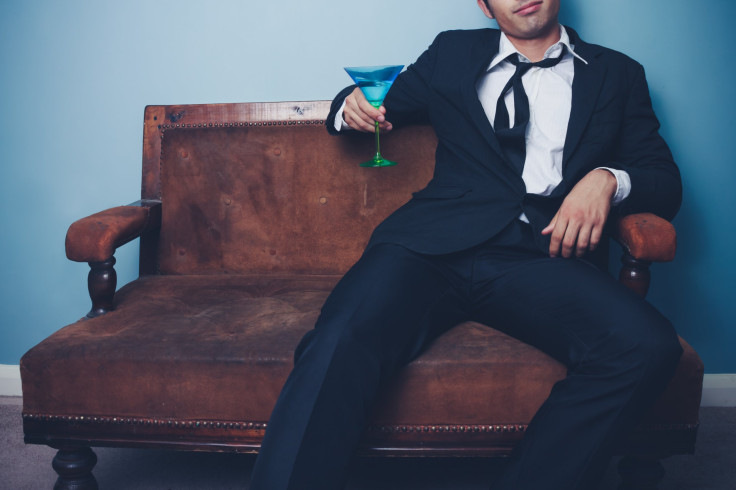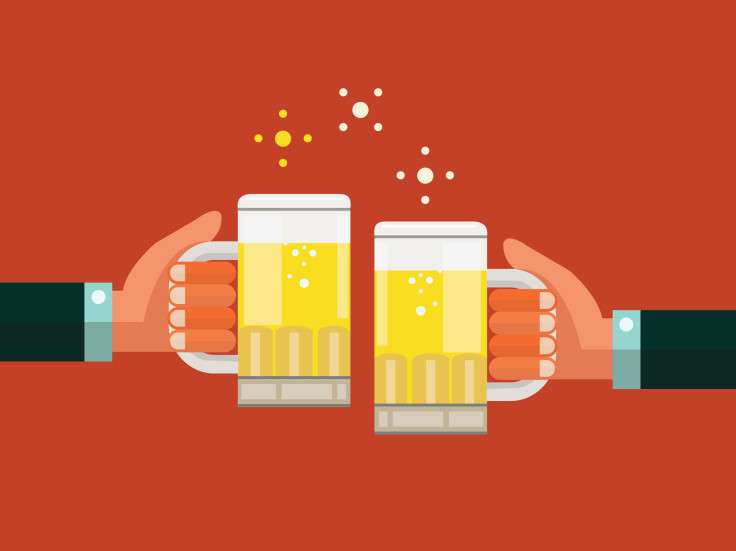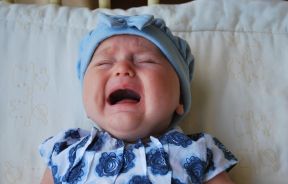Overnight Jobs, Long Work Hours May Lead To Heavier Drinking

There’s a reason why happy hour starts right after people typically get out of work. After a long, hard day at the office, it’s not uncommon for tired employees to hit the bar or even wait until they get home to have a few beers. Finnish researchers from the Finnish Institute of Occupational Health studied the health consequences of working long hours and overtime with how it affects a person’s alcohol consumption and published their findings in the British Medical Journal.
"The workplace is an important setting for the prevention of alcohol misuse, because more than half of the adult population are employed," the researchers wrote. They found one in four people have been classified as at-risk users, and work plays a part in propelling people into a barstool. "Further research is needed to assess whether preventive interventions against risky alcohol use could benefit from information on working hours."
Risky alcohol use is considered 14 or more drinks a week for women, and more than 21 drinks a week for men. It’s the point at which researchers found a person can put themselves at an increased risk for a slew of health consequences, including liver disease, cancer, heart disease, stroke, mental disorders, and injuries. Not to mention all of the social costs risky alcohol use can have on a person, which include family issues, violence, traffic incidents, health care costs, and reduced work productivity.
They examined 36 studies, which included 333,693 people from 14 different countries and found those with longer work hours were at greater risk for consuming more alcohol. In fact, those who worked more than 55 hours a week were 16 percent more likely to drink at a high risk level. Compare that to people with the typical 9 to 5 schedule who clocked in between 35 to 40 hours were 11 percent more likely to reach for alcohol on a daily basis.

Workaholic's Balancing Act
It didn’t matter if the person was a man or woman, young or old, or what race they were. One thing stood consistent throughout each demographic: the more you work, the more likely you are to drink excessively. Even if they don’t reach a risky level, 60 percent of people blamed their stress on work, and two-thirds of people said they drink to unwind from the long day, according to a separate online survey.
"Given mounting pressure to exclude an increasing proportion of workers from current standards that limit working hours in Europe and other developed countries," Cassandra A. Okechukwu, a professor at Harvard School of Public Health, wrote in an accompanying editorial, "long working hours is an exposure that we cannot afford to ignore."
However, if you want to ignore the drinking problem your job may be driving you to, there’s an “After-Work Drink Chart” colleagues or clients can follow to find the right drink. “Someone who orders a vodka martini has an agenda,” New York Mixologist Damon Boelte said, “and that is to get drunk.” An order of wine shines the opposite light on a drinker. They have no agenda, unless they order an expensive bottle of wine. Meanwhile, the most popular order a bartender gets is a beer. A cold brew is viewed as a friendly gesture, but mixologists suggest to avoid a cheap mainstream beer and go for a local microbrew for more flavor and sophistication instead. Bottom line is balance is key to the workaholic’s drinking habit.
Published by Medicaldaily.com



























